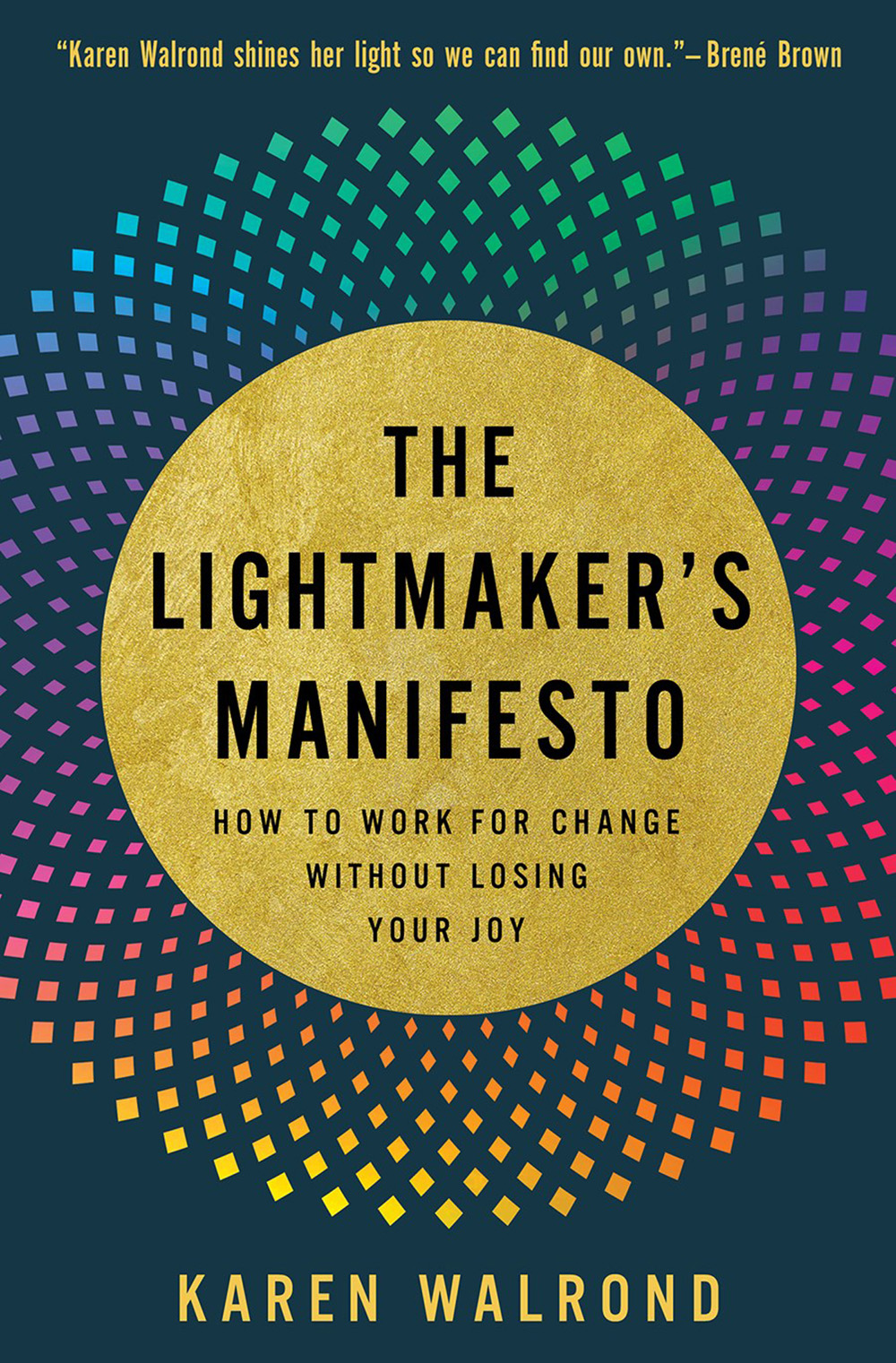Those were the days, my friend I am rare among American males, I venture to say, in liking to hang out clothes on a clothesline. It was traditionally a female task, but I like it. It is evidence of work accomplished, as Barbara Holland says in Wasn’t the Grass Greener: A Curmudgeon’s Fond Memories. It was ritual, she writes. It was what corporations now call job satisfaction. Alas, in this age when what corporations call job satisfaction is anything but, the operative tense of the verb is past. Now I cannot hang out clothes. A whimsical fate has landed us in one of those spanking new, soulless suburban developments where no one, male or female, hangs out clothes. Other than my wife, probably no one else wants to. It would be taken as a sign that you are too cheap to use the dryer, and the hanging clothes would get in the way of the kids on their motorized three-wheelers. Perhaps it’s even forbidden.
Holland writes, in 33 witty and thoughtful essays, not so much about things we have, like soulless suburbs, but about things we haven’t any longer, like clotheslines, that contribute to the soullessness. She argues that in losing them we lost a part of ourselves.
Though there is scarcely a dull page in the book, the chapters on abstract topics, such as idleness and worries, are better or at least more intellectually engaging than those on concrete items, such as radiators and desks.
For instance, in civilized places, she says, idleness, once the prerequisite for religion, poetry, philosophy, and other thought, has become a character flaw, and in America we’ve managed to stamp it out almost completely. Work stole our days, but entertainment ate everything left over. She writes about the homogeneity that is draining out of our culture, and has the temerity to suggest that diversity is not exactly a force of nature: The unnaturalness of diversity is obvious from the number of children’s books trying to sell it. This remark will have the thought police knocking at her door.
Some chapters those on psychiatry and war, particularly are less convincing than others. Each reader will have his or her own disagreements with some items. I take her point on the lack of heroes, but on this I am with Bertolt Brecht, who pitied not the nation that lacks them, but the one that needs them. And each of us could add to her list: personally, I yearn for the time when retired politicians did not supplement their munificent public pensions by shilling in TV commercials.
But probably the most important loss she discusses is childhood. Holland is not the first to report it missing Neil Postman talked about it years ago but she has some interesting reports on what it was last seen wearing. Primarily it wore a more carefree attitude. Children’s lives used to be freer, less supervised. Their recreation was not organized by adults into leagues, teams, and clubs. It wasn’t even called recreation. It was called play.
Children played with one another, big kids, little kids, higgledy-piggledy, and what they learned they learned from each other, for good or ill. Nothing that involved a grown-up telling us what to do, and how, and when, could possibly be called Ôplay,’ Holland writes. In a mere quarter-century of adult interference, games that kids not adults had passed down from generation to generation for centuries, like Ring-around-a-rosy and London Bridge, have all but disappeared.
The author does not make the connection, and I’m not sure I can, either, but somehow I feel that this disappearance is connected to her comment that personal prosperity has come to be the measure of our worth as human beings. We won’t be good so let’s be rich. In similar spirit, Florence King, another insightful essayist, said we live in the Republic of Nice, where, since we no longer believe in personal immortality, we lust after fleeting fame.
You do not have to be over 50 to enjoy this splendid, subversive little book. Its societal concerns transcend age groupings. Consider that four years ago, David Gelernter, a professor of computer science in his forties, wrote a book, 1939: The Lost World of the Fair, in which he argued that his parents’ generation ordered life better. And that Gelernter was one of those severely wounded by an explosive device mailed by Ted Kaczynski, the Unabomber, also no geezer, who had his own quarrels with our society.
Roger Miller is a freelance writer. He can be reached at roger@bookpage.com.






























